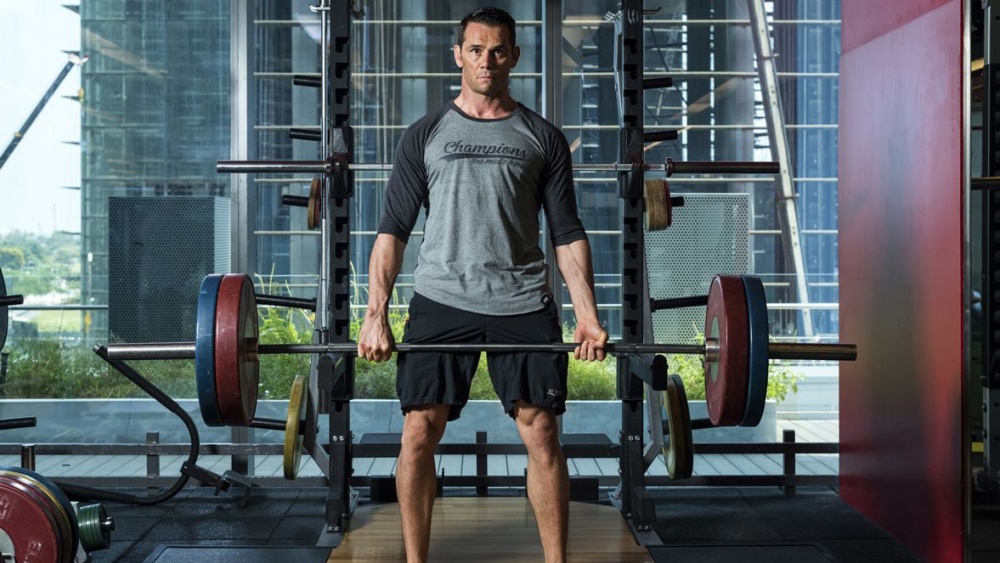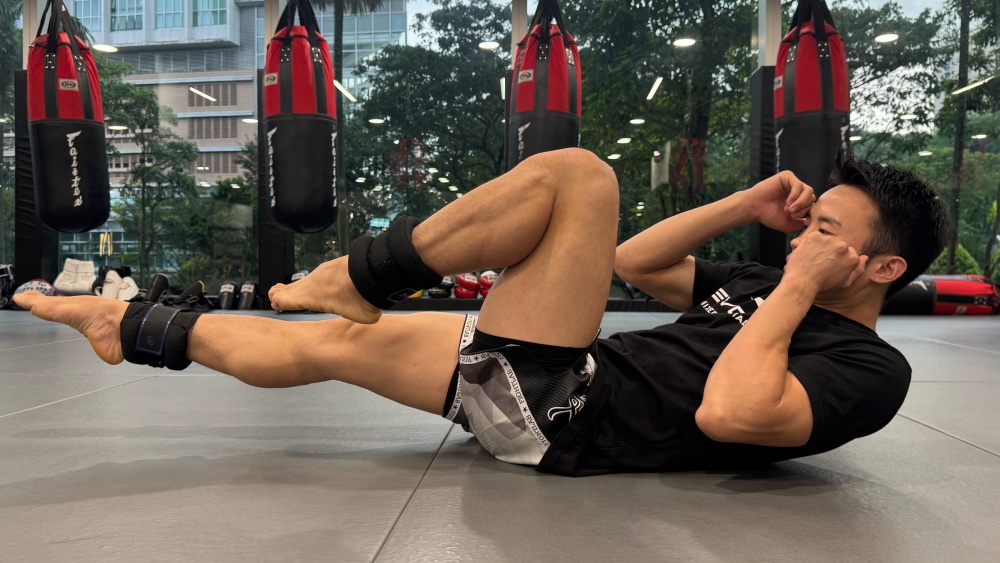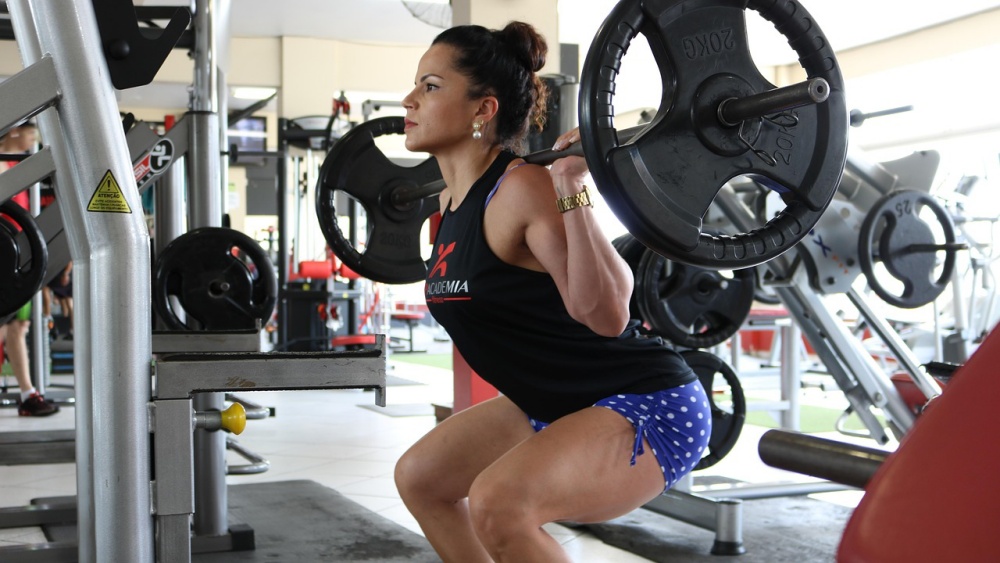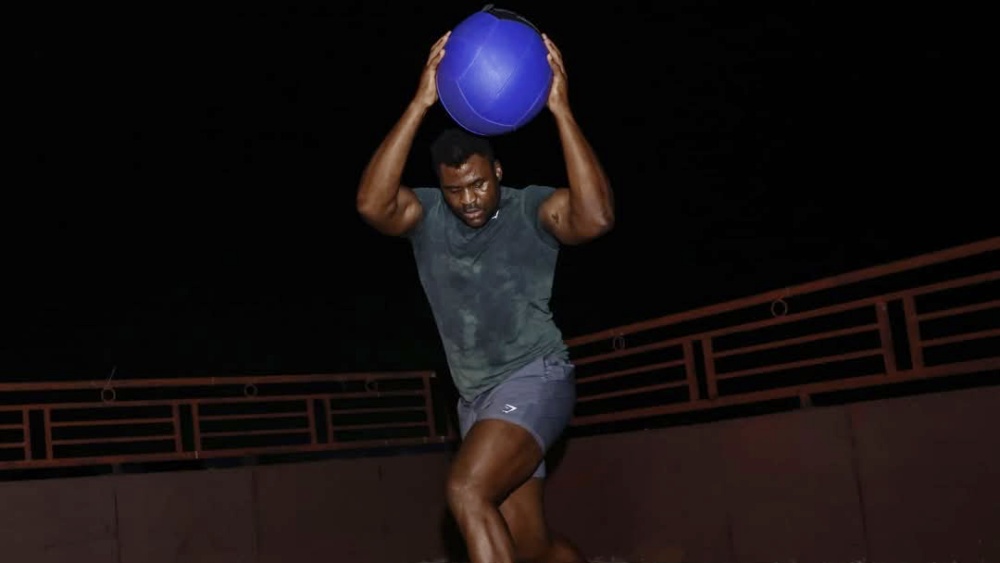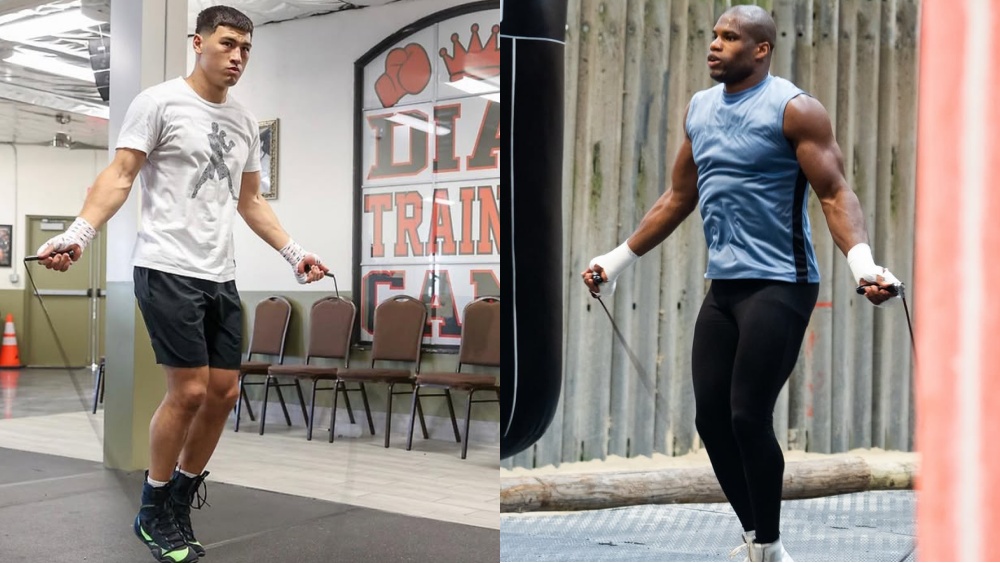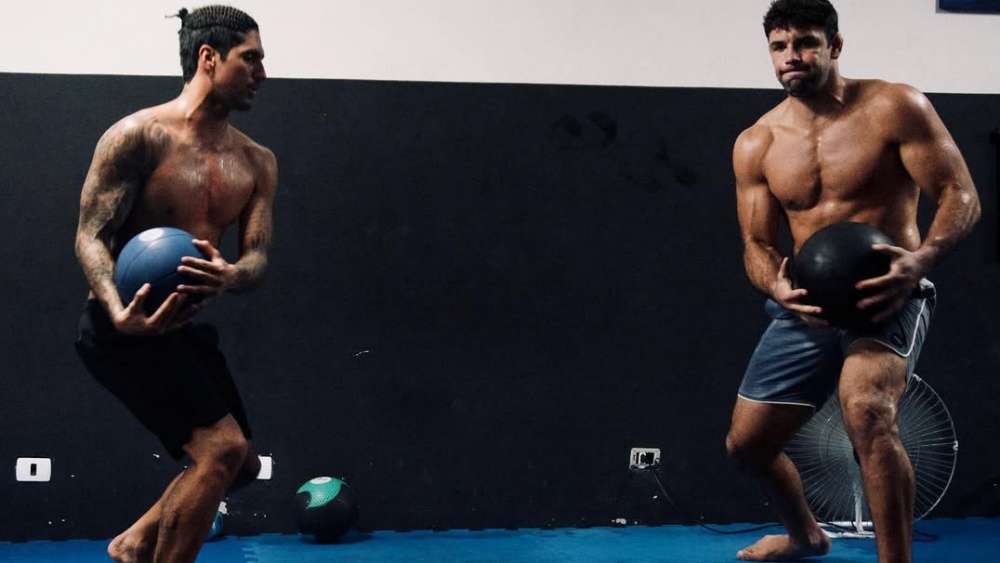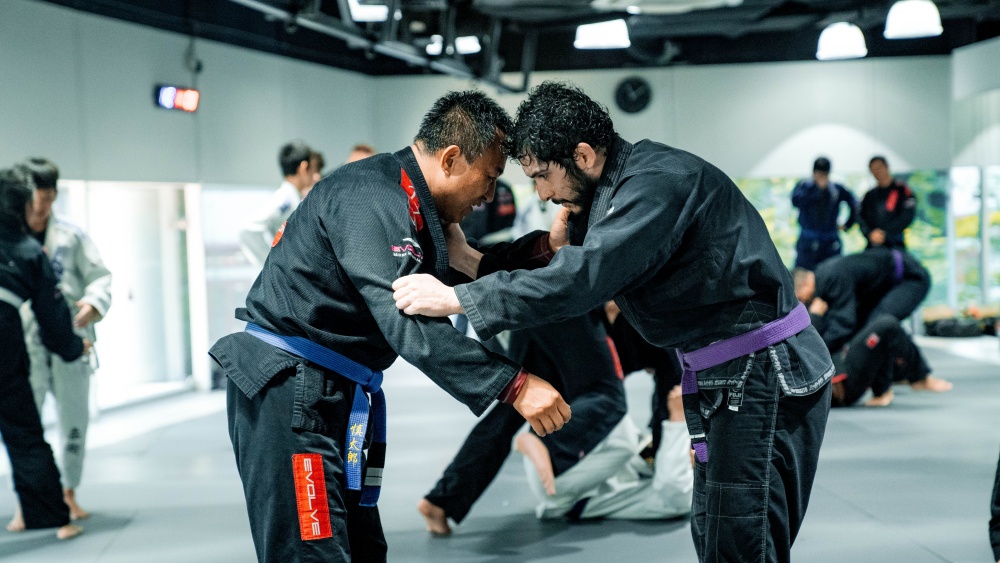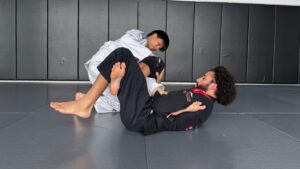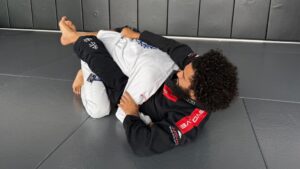When working out to your max, you will most likely experience muscle tension. It is a rite of passage for anyone who loves pushing their bodies to the limit. We’ve all been there before; you wake up in the morning, and some part of your body has tensed up. However, muscle tension isn’t always the aftereffect of a vigorous workout; it can occur due to poor sleep quality, dehydration, or an unbalanced diet.
What Is Muscle Tension?
Muscle tension is the feeling of tightness and reduced range of motion you experience in your muscles, often because they’ve been worked out. Think of muscle tension as your body’s way of letting you know that a particular part of your body needs some rest. Common symptoms of muscle soreness include tightness, soreness, tenderness, and a reduced range of motion.
Some of the reasons why your body might be sending you these signals include:
- Overexertion: Muscle tension is often a sign that you’ve pushed your muscles to their limit, and they need a break.
- Inadequate Stretching: Muscles can tense up because they aren’t stretched out often enough. It can also be the result of not properly cooling down after workouts.
- Dehydration: Muscles can also become tense because they aren’t sufficiently getting hydrated.
- Poor Nutrition: Your muscles can also become tense because they aren’t getting the nutrients, like calcium and magnesium, they need from your diet.
- Inadequate Sleep: Muscles also become tense when you’re not getting enough rest.
- Delayed Onset Muscle Soreness (DOMS): This type of muscle soreness is caused by the inflammation in your muscles after an intense workout. It typically is at its worst 24 to 48 hours after working out.
- Muscle Strains: Muscle soreness can be caused by a strained or sprained muscle. Muscle strains can go away on their own, but you should see a healthcare professional if it lasts more than a few days.
- Inactivity: Muscle tension can also be triggered by inactivity, like sitting in a car during a long trip.
- Health Issues: In rare cases, muscle tension can be a symptom of a general health problem like fibromyalgia, meningitis, and lupus. Visit a doctor if you experience muscle tension that’s accompanied by a fever, swelling, or muscle weakness.
Natural Ways To Get Rid Of Muscle Tension
Now that we’ve gone over what muscle tension is, let’s take a look at some of the natural ways you can prevent and treat muscle tension:
1) Stretching
Stretching helps to reduce muscle tension and also helps to prevent it. Focus on gently stretching out any sore muscles with static stretches that target them. Aim to hold each stretch for 20 to 30 seconds and take deep breaths. Your tense muscles will feel much better when you’re done, and you’ll be able to move better.
2) Hydrate
The fluids in your body help flush out toxins that make you feel sore, so drink more water if your muscles are tense. The consensus is to drink at least eight glasses of water daily. Drink more than that if you’re engaged in vigorous activities like martial arts training that involve lots of sweating.
Being sufficiently hydrated during your workouts also helps prevent muscle cramps, an intense tightening of a muscle that typically occurs when you’re working out in hot conditions while not adequately hydrated.
3) Warm-ups And Cool-downs
It’s easy to develop bad habits and skip warm-ups and cool-downs because of how busy most of us are, but these practices play a crucial role in reducing muscle tension. Warming up before exercise increases blood flow to your muscles, preparing them for strenuous activity, while cool-downs help to ease the blood flow back to normal.
Many active people who work out regularly can get away with skipping warm-ups and cool-downs in their 20s, but as you age, you’ll need to make them a core part of your workout schedule or find yourself dealing with the worst DOMS imaginable.
4) Massages
Massaging your muscles helps reduce muscle soreness regardless of whether it’s done by a professional or a foam roller. Massages help to alleviate muscle soreness by reducing blood circulation in your muscles. It can help speed up the repair of muscle fibers, allowing for more oxygen and nutrients to get to them.
Massages can also help reduce the pain, inflammation, and stiffness typically resulting from DOMS. It can help to loosen muscles while improving their range of motion.
Massages done by professionals are the best option, but that’s not viable for many people. Fortunately, there are countless devices that can massage your muscles for you, such as foam rollers, massage guns, massage pads among other recovery equipments. Add regular massages to your training routine if you frequently deal with muscle soreness, tightness, and stiffness.
5) Heat Therapy
Applying heat to tense muscles can help to reduce soreness, inflammation, and pain in the area. Grab a heating pad the next time your muscles feel tense, and apply it to the area. If you’re a serious athlete, consider using amenities like jacuzzies to immerse your body in hot water. Many come with jet streams that also massage your body.
6) Cold Therapy
Cryotherapy is increasingly used by professional athletes and martial artists looking to speed up recovery after workouts. The practice is believed to reduce inflammation in overworked muscles, helping to prevent and treat soreness.
Some athletes prefer alternating cold and heat therapy. The idea is to spend 20 minutes applying heat to tense muscles and then apply cold for 20 minutes.
Sometimes, the best way to get past muscle tension is to engage in low-impact activities like walking, hiking, or swimming. Moving will help increase blood flow to your muscles without straining them further, helping to speed up recovery. The next time you feel sore, schedule some light exercise.
8) Eat Balanced Meals
A healthy diet that consists of all the macronutrients, micronutrients, and electrolytes your body needs can help speed up recovery. Your body needs protein for muscle repair, carbohydrates for energy, and healthy fats to keep you healthy.
Dealing With Some Muscle Tension Comes With An Active Lifestyle
Muscle tension is typically a sign that you’re challenging yourself and progressing in your fitness journey. While experiencing muscle tension is an inevitable part of living an active lifestyle, doing the abovementioned things can help keep it to a minimum.
You may also like:
